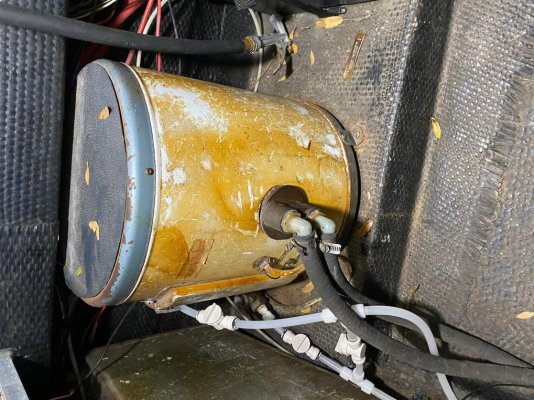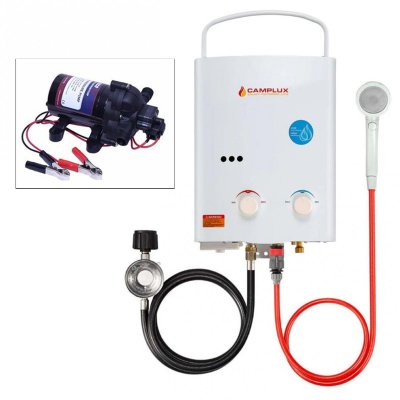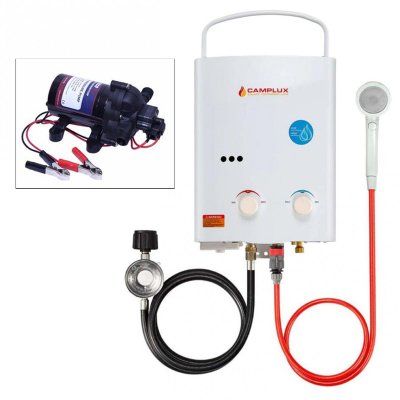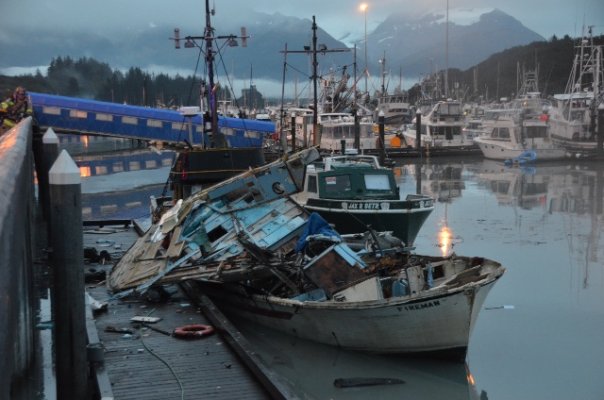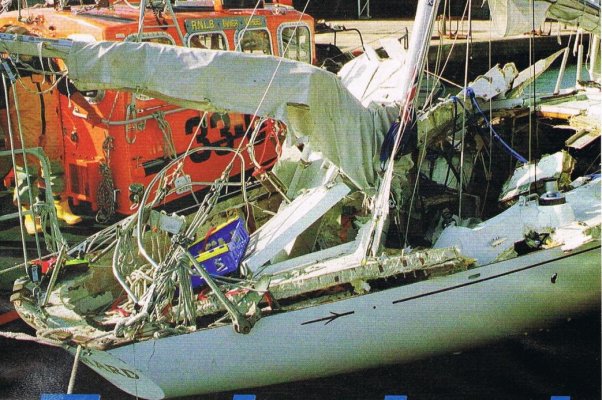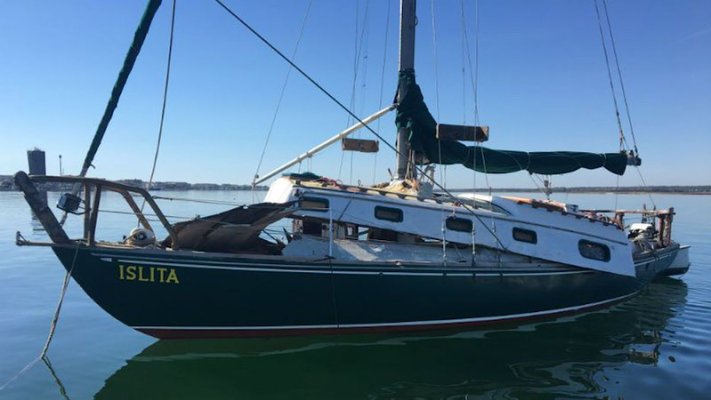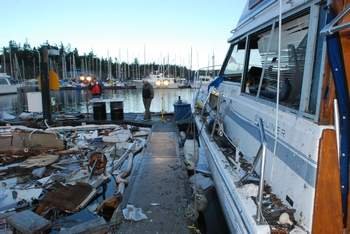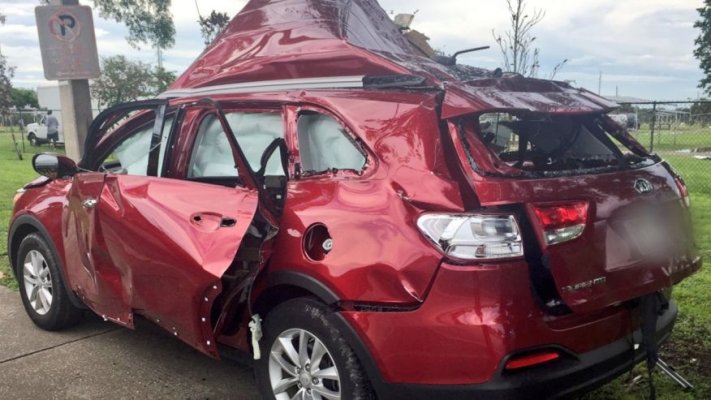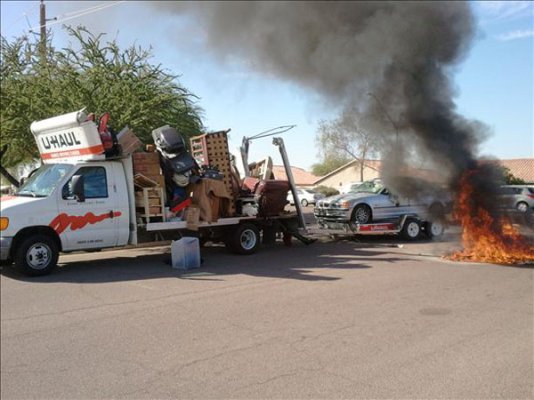Thanks for the concern. Here is my situation. I have a small, 28' trailer trawler. I can plug it in pierside or on the trailer. It does not have a genset so no 120 VAC underway. A portable inverter generator is planned but that is mainly for the roof top AC. I do have a 3kw inverter on board but don't know how long the Bosch unit would run off my 100 AH golf cart batteries. I think I read the Bosch uses 1200W. Expense is always a concern but this is a hobby at which (reasonable) I don't mind throwing money. As the boat is already plumbed for propane and the tank is directly above the head the Camplux unit looks like a good solution. I called Camplux. There is no pilot light involved. The propane is battery ignited when you depress the button on the shower handle/head. If the water pressure is there, 3 psi it opens the propane flow and ignites it. The danger of fire and leaks is pretty much mitigated. Any line leak would fall into the sump and be pumped over board. No one smokes while sitting on the head (humor). The sink in the head is already plumbed for hot an cold water. Cold water for the Camplux would be tied into the sink cold water line. The hot water line would not be connected. That would mean no hot water in the galley sink but I think that a luxury we can forego. We are not live aboards so we choose our cruising/boating for solely warm weather all year here in FL or summers further north. I would expect our fresh water storage to never be below 70 degrees, the temp of the water the boat sits in. Come to think of it, is a 70 degree shower tolerable? Sure was in my younger days. So a water heater may not be needed after all. But it would be required to entice the Admiral aboard.
Is this your Cargile? Interesting looking boat - I can definitely understand the appeal.
Why not replace the old water heater with something similar? Looks like your old one has engine coolant lines. The Isotemp units are well insulated and retain hot water for many hours. They are, however, expensive. Though it would be a drop-in replacement so you'd avoid the bits & bobs needed to adapt the Camplux (propane hose and fittings, leak detector, etc), so it's probably just a couple hundred bucks more.
https://defender.com/en_us/isotemp-spa-15-marine-water-heater
If you're dead-set on propane, you are increasing risk. Best practice (ABYC) is to have propane line be a 'home run' from the propane locker to the appliance, not tee'd off something (presumably your stove). It's unlikely you can install the unit in your engine room to ABYC standards so it's a risk you'd have to accept.
As PSneeld states, these use additional water due to lag of heating. I live across the state from you in St Pete and have used residential ones for years. I love them, but he's right about temp lag.
I know your original question was about exhaust (and that may be an issue - these units burn hot). But there is no way anyone with a bit of marine knowledge is going to give a thumbs-up to this idea without some major work to isolate the propane appliance. Sure, the probability of a fault may be low, but if a fault occurs, impact is extreme, possibly deadly. So you'll have to decide if the risk is worth it to you and your family.
Good luck with whatever you decide.
Peter
View attachment 138385
